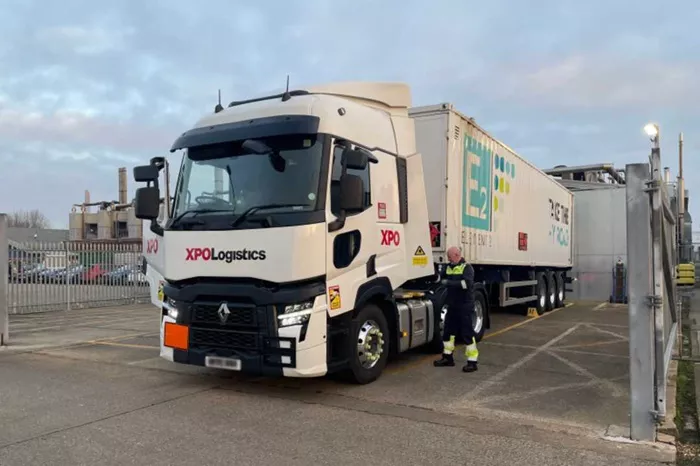Mahle Powertrain has launched a new project focused on integrating hydrogen fuel into existing heavy-duty truck engines. This project, called Project Cavendish, has received £9.8 million (Rs 100 crore) in funding from the UK government through the Advanced Propulsion Centre UK (APC). The goal is to create fast, scalable solutions for hydrogen combustion, using current engine technologies to speed up the shift towards cleaner transport.
The testing will take place at Mahle Powertrain’s advanced facility in Northampton. The site has experience working with alternative fuels such as hydrogen and methanol, making it an ideal location for the project.
“Hydrogen combustion engines (H2-ICE) offer a promising solution for long-haul and heavy-duty vehicles, which are difficult to electrify,” said Jonathan Hall, Head of Research and Advanced Engineering at Mahle Powertrain. “Our facility is equipped with everything needed for this project, including hydrogen supply, monitoring systems, and powerful testing equipment.”
This initiative supports the European Union’s goals to reduce CO2 emissions, part of the “Fit for 55” package. Under these targets, the EU aims to cut emissions by 45% by 2030, 65% by 2035, and 90% by 2040. The UK government is also supporting the transition to hydrogen by investing £8.3 billion (Rs 8,460 crore) in the hydrogen industry and £21.7 billion (Rs 221,188 crore) in carbon capture technologies. These investments aim to promote hydrogen solutions alongside fuel cell electric vehicles, helping reduce emissions in sectors like road transport, rail, aviation, and maritime.
Project Cavendish involves several key industry players, including PHINIA, BorgWarner, Cambustion, Hartridge, and Mahle Powertrain. These companies will work together to develop next-generation fuel injection and turbocharging technologies, which will meet emissions regulations in both the EU and the US. Mahle Powertrain’s Northampton facility has been upgraded to support continuous hydrogen supply and is equipped with high-capacity testing equipment, such as engine dynamometers capable of handling up to 900 kW / 4,000 Nm.
Mahle Powertrain’s involvement in the project places it at the forefront of the future of hydrogen-powered commercial transport. As part of the MAHLE Group, the company is known for its expertise in powertrain development, electrification, and advanced propulsion technologies. It focuses on delivering innovative, sustainable solutions, including hybrid and electric powertrains, battery systems, and thermal management. Mahle Powertrain’s commitment to research and development is key to creating cutting-edge solutions that will help reduce emissions and improve the efficiency of transportation worldwide.

